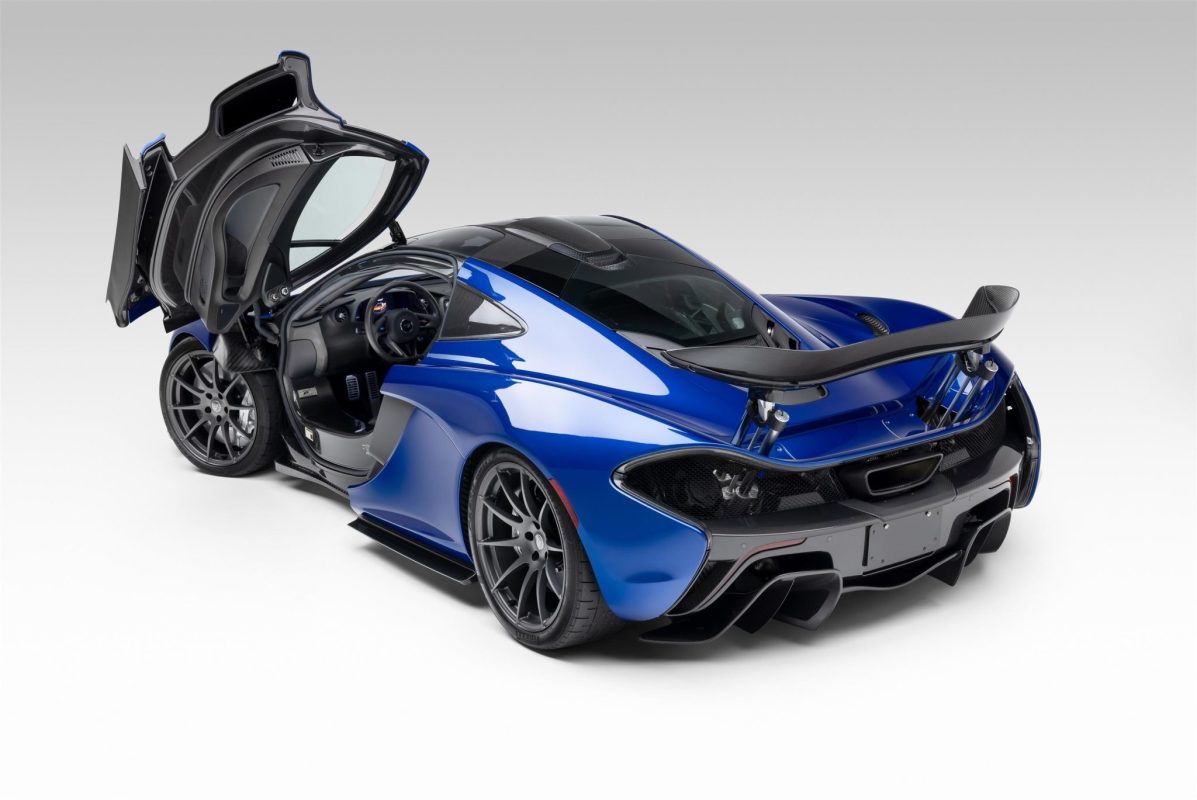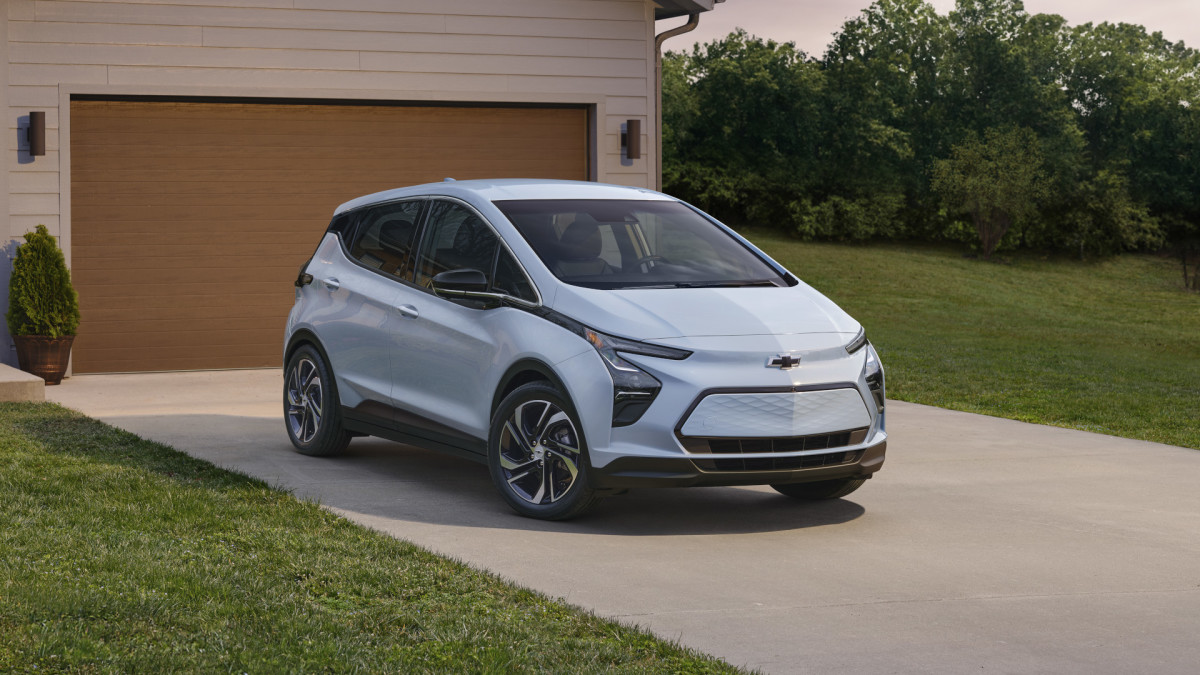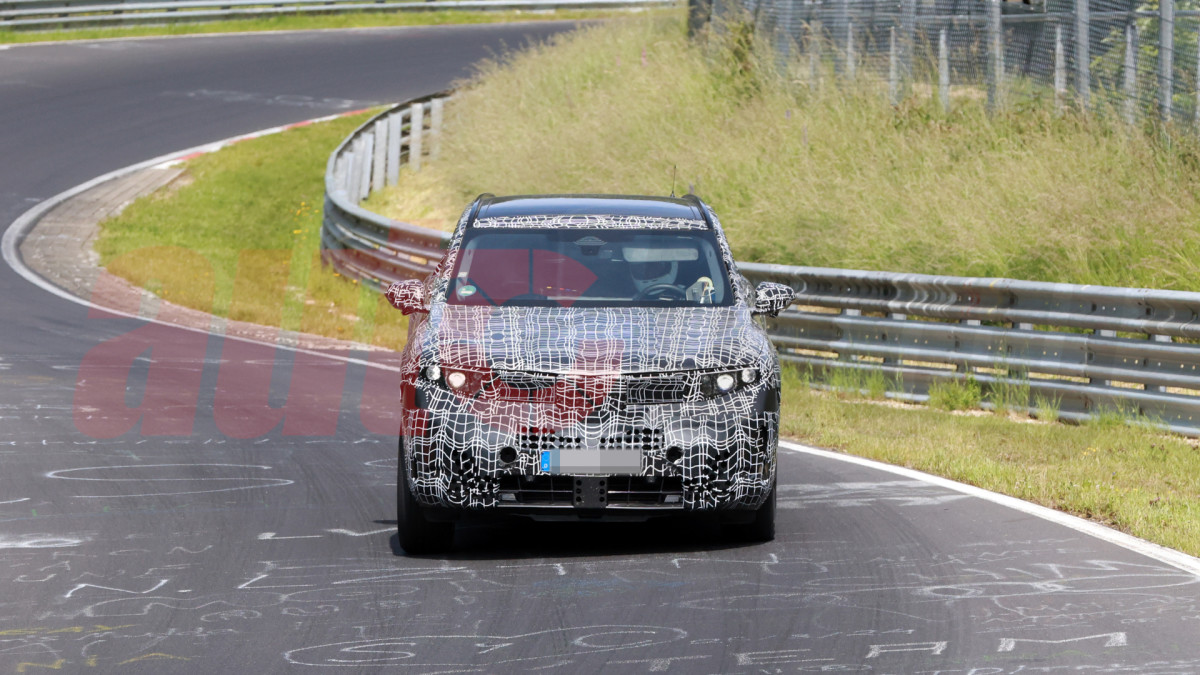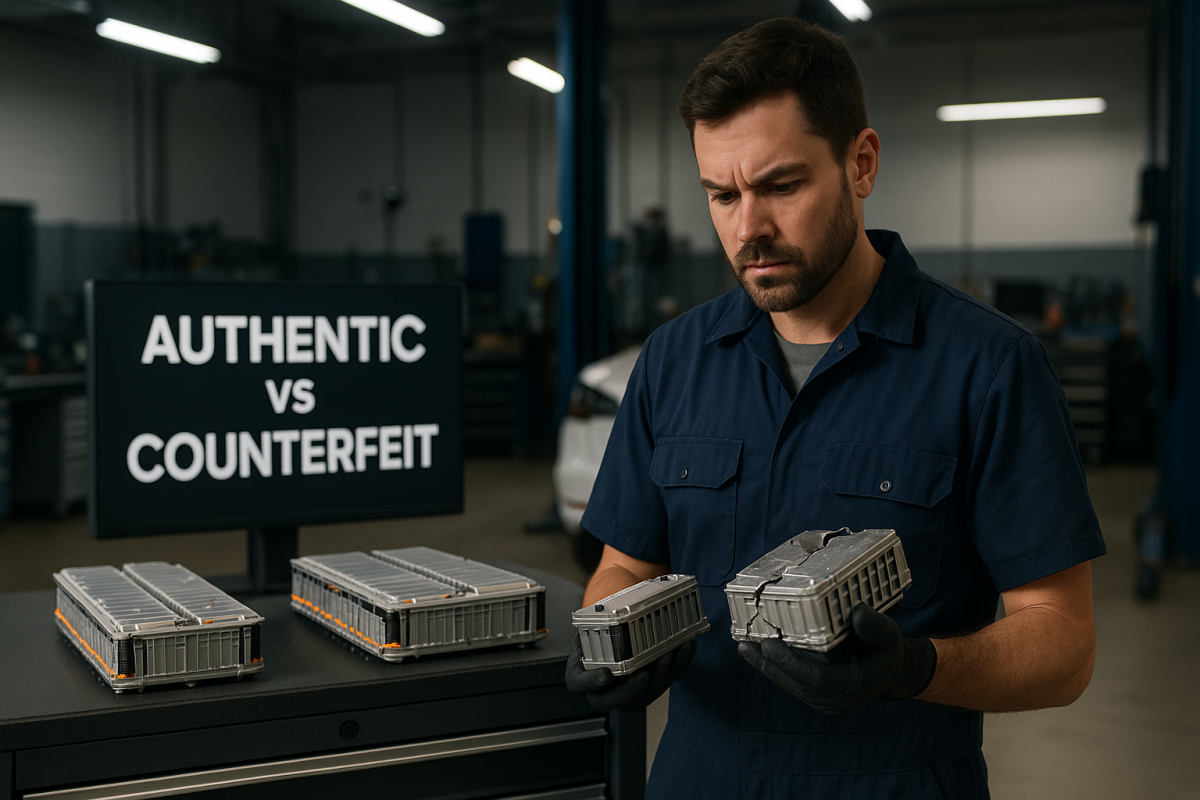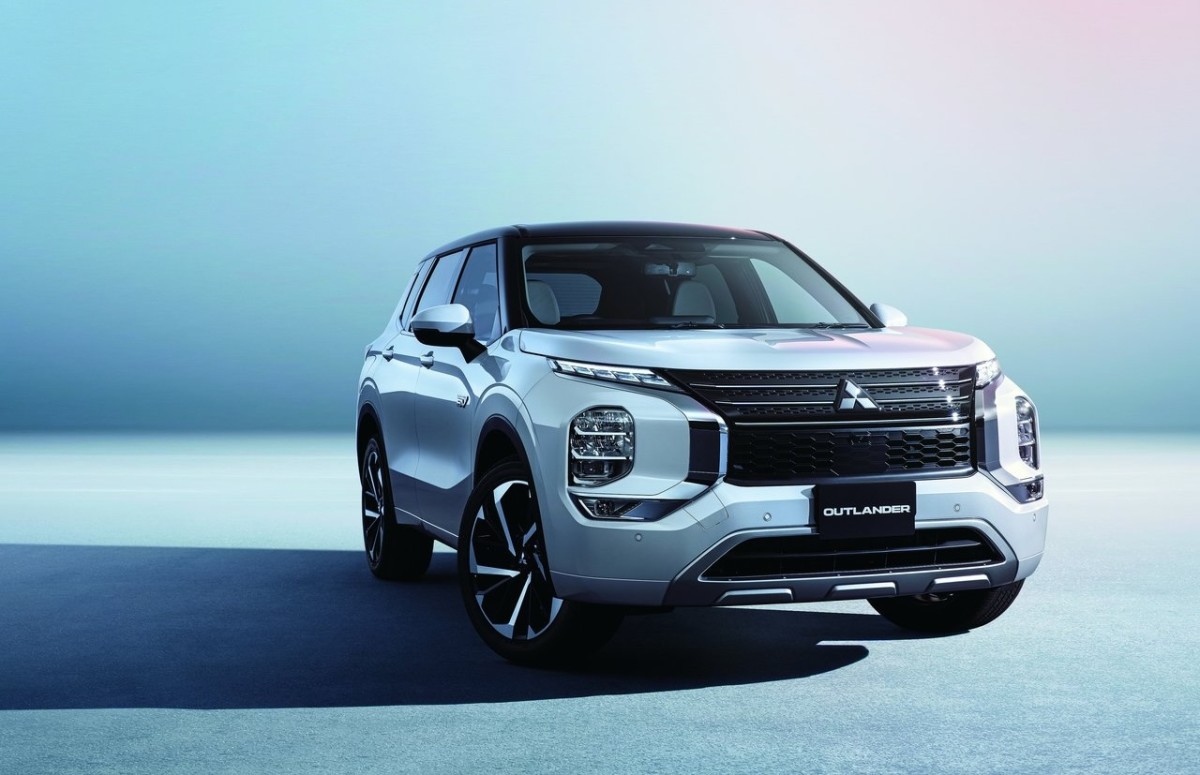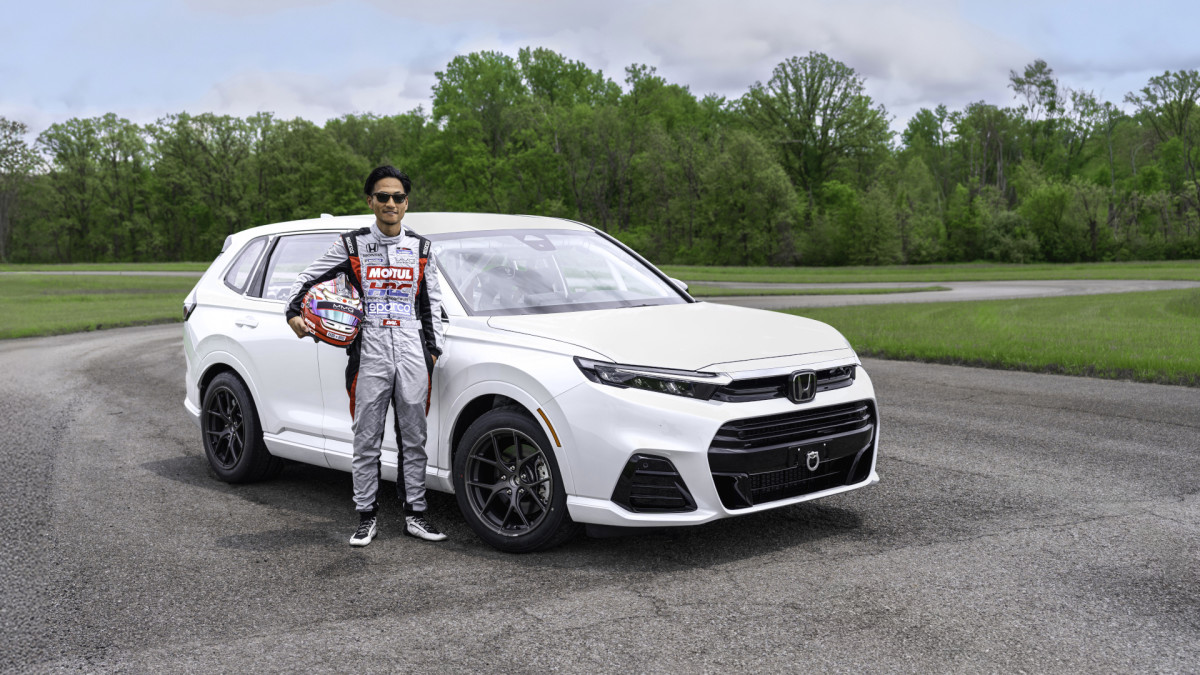Porsche is staying put—for now
Porsche has dismissed a Bloomberg report stating that the automaker is considering moving some of its final assembly to the U.S. to ease tariff impacts. The initial report referenced Porsche possibly installing interior components or fitting tires in the U.S., where it currently has no production presence. Instead, Porsche restated its stance from April that U.S. production localization doesn’t make financial sense due to its relatively low sales volume.
In April, Porsche CFO Jochen Breckner added that U.S. localization wouldn’t occur even if the automaker partnered with another brand from its parent company, Volkswagen Group. Still, Volkswagen Group is seriously considering expanding its U.S. manufacturing footprint with another one of its subsidiaries, Audi. An Audi spokesperson reportedly told Automotive News “We want to increase our presence in the U.S.,” while adding that the company is confident it’ll finalize specific details with Volkswagen Group by the year’s end. Volkswagen currently operates one U.S. plant in Chattanooga, Tennessee, and its competitors, BMW and Mercedes-Benz, have factories in Spartanburg, South Carolina, and Tuscaloosa, Alabama, respectively.
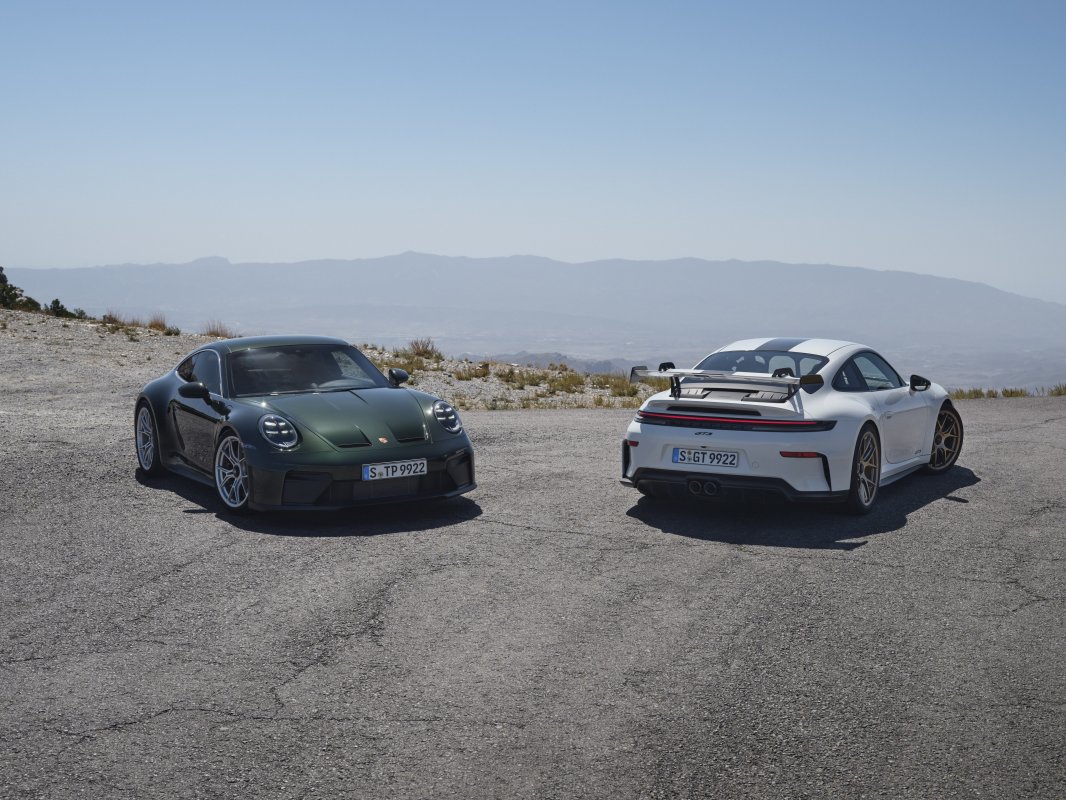
Porsche
Porsche faces a perfect storm of adversity in 2025
Porsche’s problems in 2025 aren’t limited to U.S. tariffs. During Q1, the brand’s sales fell 42% in China. Four years ago, Porsche achieved its highest annual sales in China, at 95,671. Chinese consumers are gravitating away from Porsche and turning to newer companies like Xiaomi and BYD’s high-end Yangwang brand. Xiaomi’s first model, the electric SU7 sport sedan, thrived in China with its Porsche-inspired styling available at a lower price. The $72,591 Xiaomi SU7 Ultra variant with 1,548 horsepower received about 10,000 pre-orders in two hours, slightly exceeding Porsche’s Q1 China sales this year. Porsche CEO Oliver Blume said, “We don’t care about the volume,” and that the company was more concerned with keeping its prices at a high level, “appropriate for Porsche,” Reuters reports. However, Blume also told Porsche investors at the company’s annual conference on May 21: “Our market in China has literally collapsed,” according to The New York Times.
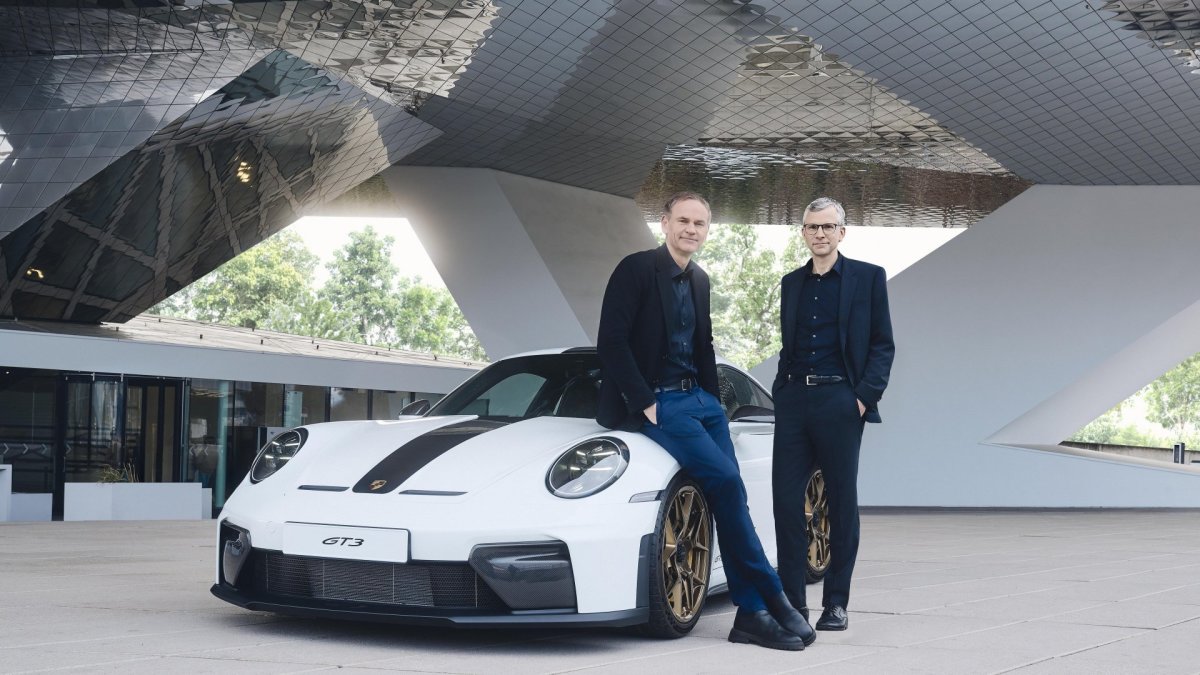
Porsche
Last month, Porsche delayed its all-electric versions of the 718 Boxster and Cayman for the second time, citing difficulty sourcing the models’ high-performance battery cells. In April, Porsche said drivers could expect the two electric vehicles (EVs) in 2026, but its most recent delay pushes the release to at least 2027. Porsche has scaled back its financial outlook for 2025 by about 2 billion euros ($2.28 billion), with an expected profit margin range decline of between 6.5% and 8.5% from 10% to 12%.
Final thoughts
Oliver Blume’s desire to maintain Porsche’s prices and keep the company’s production out of the U.S. makes it likely that the automaker will raise its lineup’s costs. Blume, who is also Volkswagen Group’s CEO, confirmed he spoke directly to the U.S. commerce secretary, Howard Lutnick, in Washington, D.C., but agreed with Lutnick to keep the conversation’s details confidential. However, Porsche is far from the only company that could increase prices because of tariffs, and some of Volkswagen Group’s other subsidiaries, such as Audi, can ease tariff impacts with increased U.S. manufacturing. Porsche’s approach is more likely to hurt the company in its second-largest market, China, as the country’s electric vehicle price war heats up.

